The RPLip project aims to promote different ways of recognising competences for access to further studies and for credits.
Project summary
Many signs show that there is a gap in policy and practice in many countries concerning Recognition of Prior Learning (RPL). The Bologna Implementation Report 2018 shows that alternative entry routes to higher education are rarely used. It also states that only in five higher education systems there are nationally established and regularly monitored procedures, guidelines or policy for the assessment and recognition of prior learning as a basis for both accessing higher education programmes and the allocation of credits towards a qualification.
The objective of the RPLip project is to encourage, through structured peer learning, the participating countries to develop quality assured and consistent processes/working methods to recognise non-formal and informal learning that suit the conditions of the participating countries.
EURASHE is a partner of the RPLip project consortium and its role includes developing the mapping exercise of the present situation regarding RPL in Europe and providing policy advice through its long experience and engagement in RPL and its role as the umbrella organisation for Universities of Applied Sciences.
Partners
- Agency for Quality Assurance and Accreditation Austria (AQ Austria)
- Austrian Federal Ministry of Education, Science and Research
- Cork Institute of Technology (CIT)
- Croatian Ministry of Science and Education
- Icelandic Centre for Research (Rannís)
- Icelandic Ministry of Education, Science and Culture
- Quality and Qualifications Ireland (QQI)
- Swedish Council for Higher Education (UHR)
- Swedish Ministry of Education and Research
- The Irish Universities Association (IUA)


